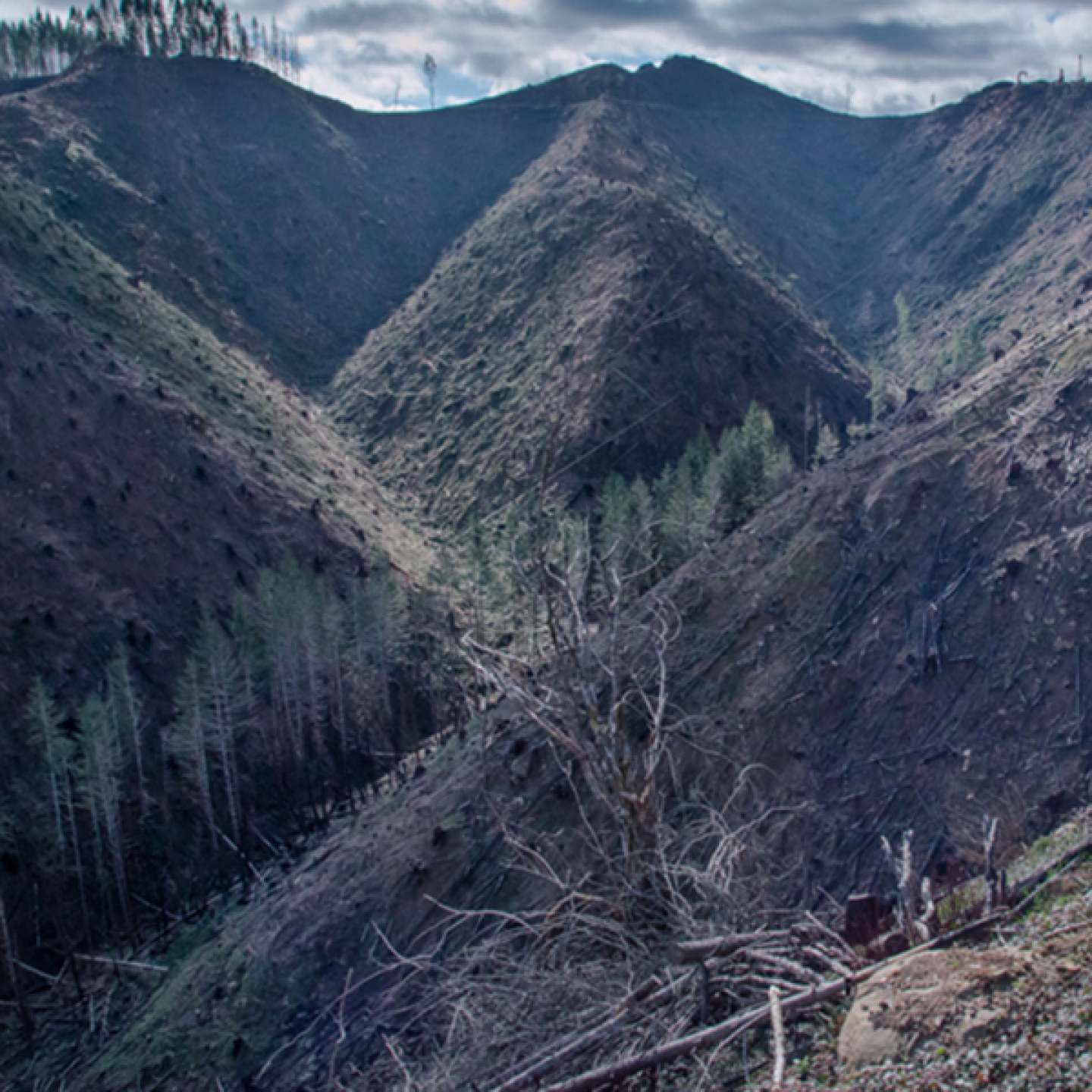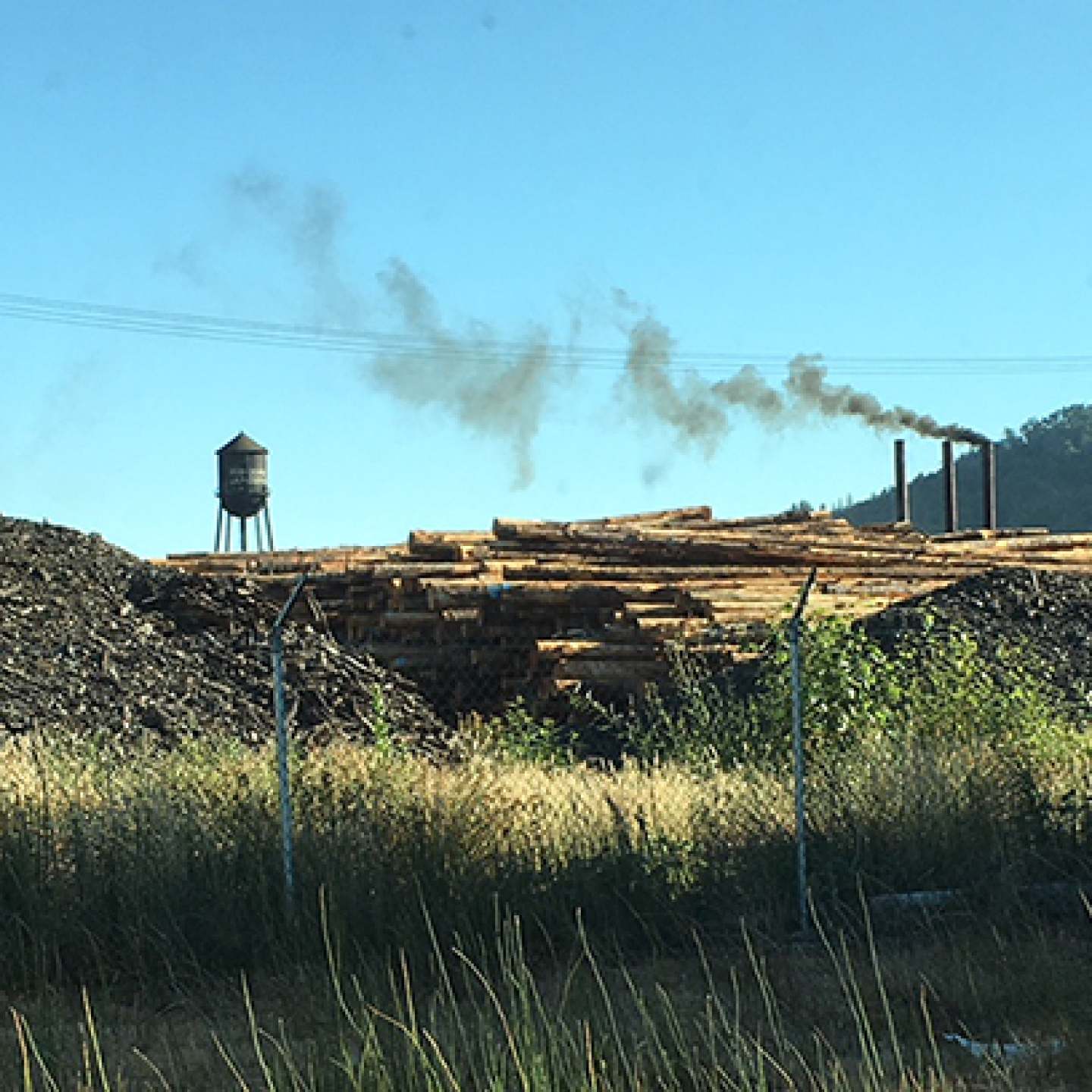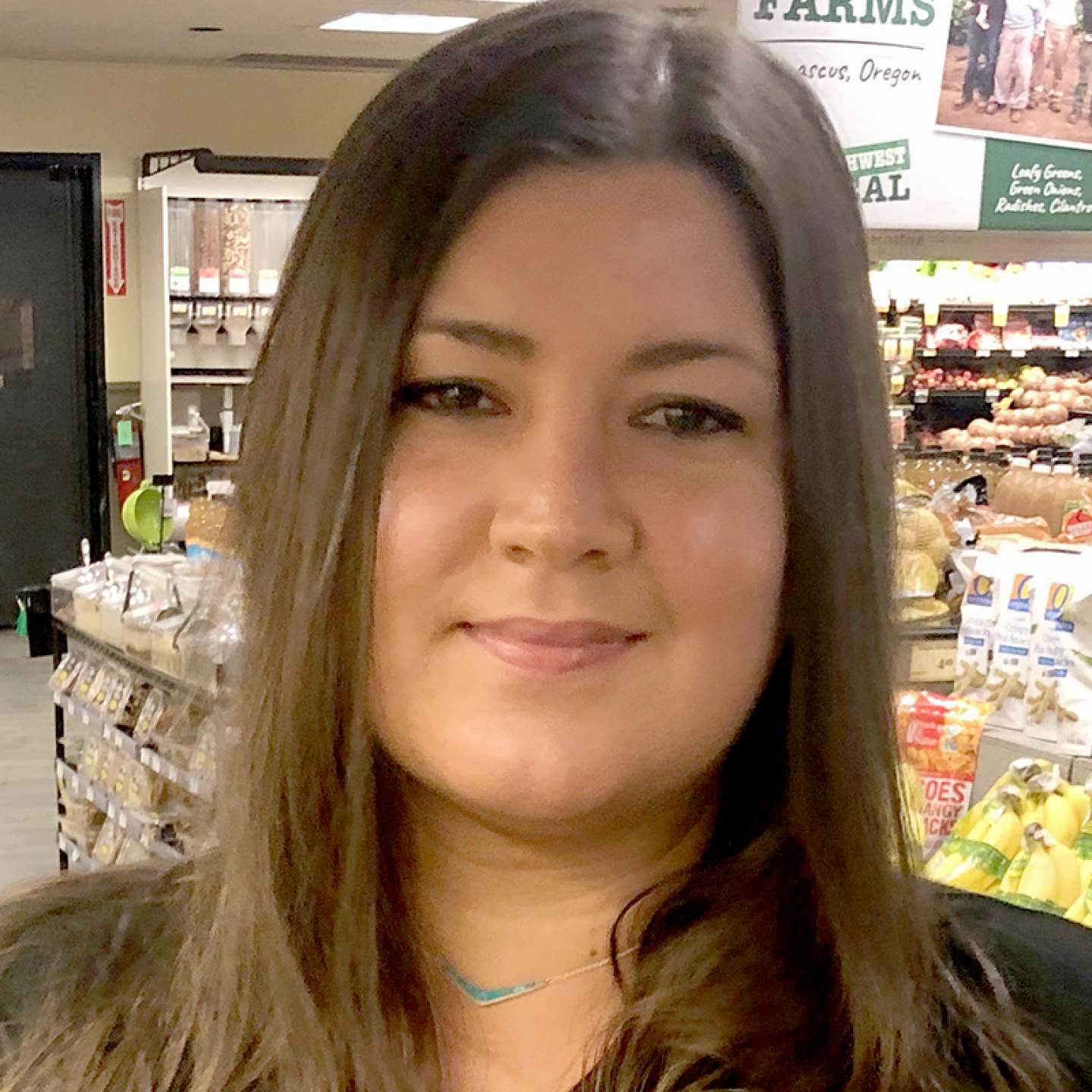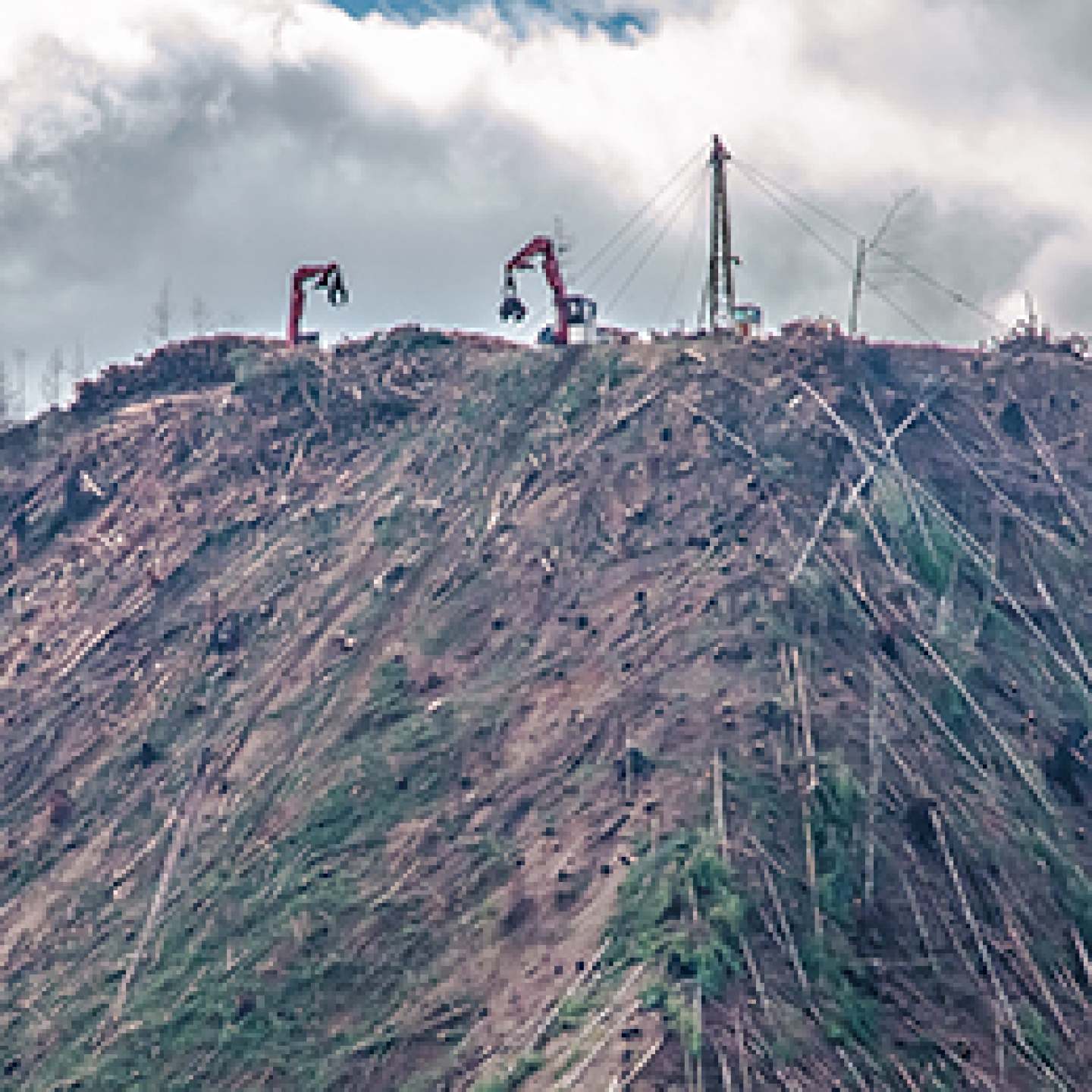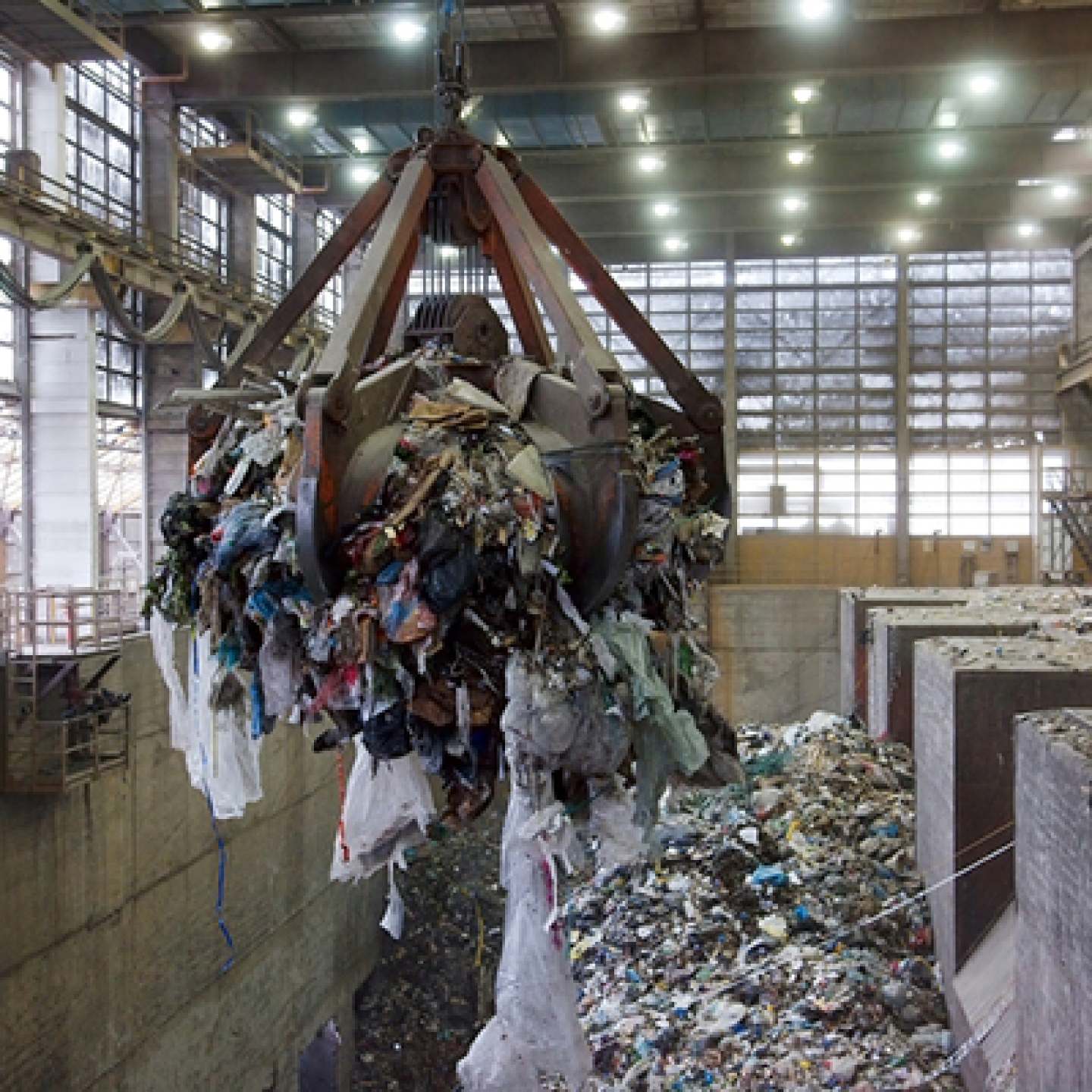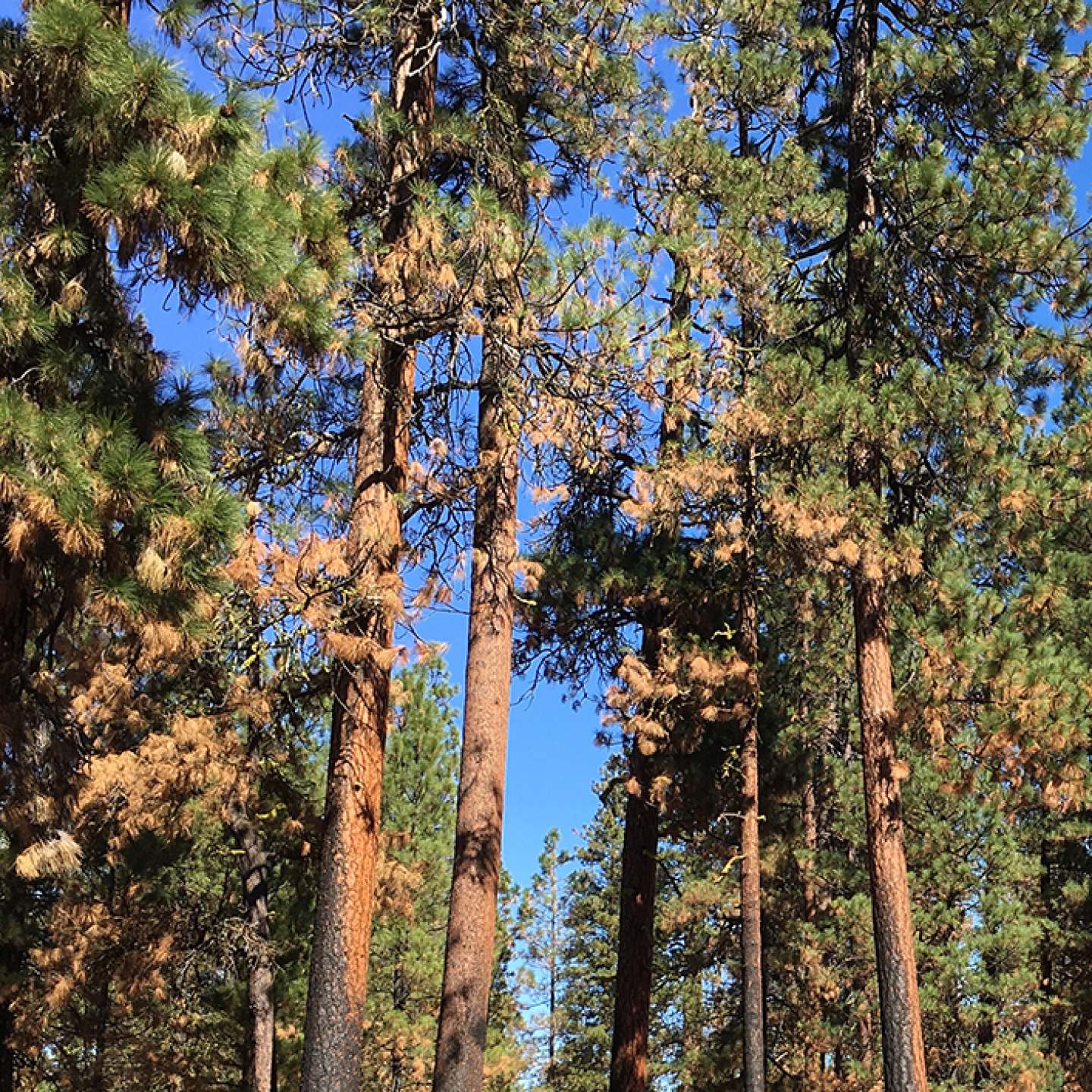Amanda Astor ends her recent Register-Guard column with “Better understanding of forests and the science behind decision making can bring…
A right to clean air
Do you wonder how polluted the air you are breathing is? The fact is, the quality of our local air…
Tribal Climate Resilience in the Pacific Northwest
Native American Tribes and First Nations are most at-risk of suffering the devastating effects of climate change. Climate change is…
The Retreat from Roundup: Evidence Backing Cancer Claims
Glyphosate is a weed-killing chemical that is found in a variety of commonplace herbicides, including Monsanto and Bayer AG’s Roundup.…
We Need A Revolution Of Forest Resiliency (Not Logjam Lunacy)
On June 27th, a logjam of logging trucks circled our state Capitol, spreading lies and fear and spewing diesel soot.…
We won! And Bayer Chemical lost!
On May 9th, Oregon became the first state in the country to restrict the use of Aminocyclopyrachlor (ACP), an herbicide…
A New Farming Economy Shouldn’t Depend on Old WWII Warfare Chemicals
Clatsop County Commissioner Kathleen Sullivan delivered a message from her rural county to the Oregon Legislature during legislative hearings on…
Trashy and Tricky
Have you noticed the red and white emissions stack to the east of I-5, just north of Salem? That is…
How old growth Ponderosa pine trees became hazardous waste
It may be easier to be concerned about wolves, salmon and eagles perishing than it is to feel remorse over…
An Apple a Day Brings Pesticides Your Way
Today we’re partnering with Friends of The Earth to help them release a national study revealing unsafe levels of pesticides…
